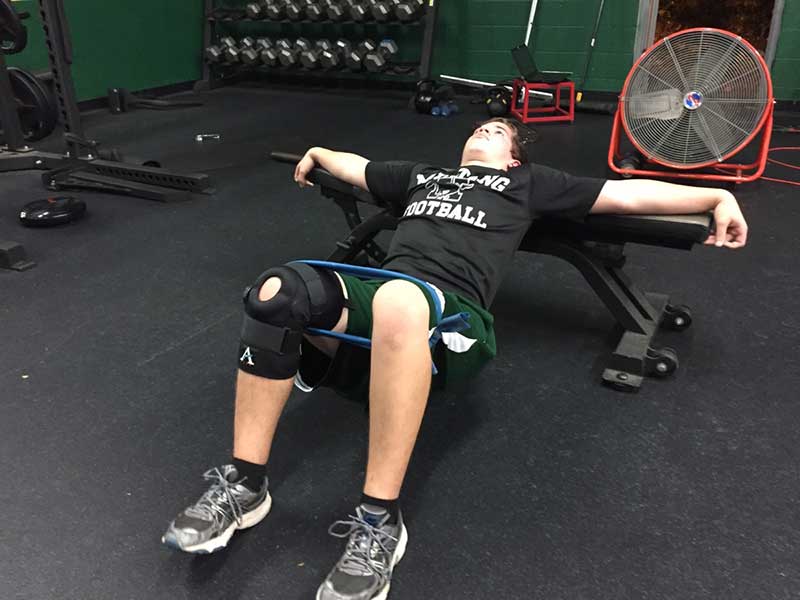 Sports are getting more and more competitive by the year. The demand put on athletes starts at even earlier ages now.
Sports are getting more and more competitive by the year. The demand put on athletes starts at even earlier ages now.
These very demands can be taxing both physiologically and psychologically on a young athlete. And it is unfortunate that sometimes the demands far exceed the supply of good coaching available for sport coaching and or performance.
And then there is this dilemma: finding the right coach to help your kid get better.
Yes it is a given that the stronger and faster a kid is, the better off they will be for their sport. They should be prepared accordingly.
But there are certain, proven ways that an athlete should be trained, and certain questions that you should ask whatever trainer that you find.
…the most important being what is your assessment process.
There are more trainers/coaches to handle out there who proclaim to be “speed” coaches but fail to recognize a few things about the athlete before starting any program.
If you take your athlete to a trainer, and they immediately start putting them through intense drills before doing any type of assessment, then I would question whether I made the right choice.
A few reasons why:
1.) The kid may not be physiologically mature enough to handle those loads, which in turn can lead to imbalances and injury
2.) Overspeed training is one of the most demanding activities for the muscles and joints, and not being able to recognize any asymmetries or imbalances beforehand puts the athlete at more risk. Technically, an athlete may NEVER be able to reach their speed potential until these are addressed, otherwise you could just be reinforcing poor movement patterns.
This is especially true in adolescents who are still growing and for the most part have not been educated on how to properly stretch, train, or recover on their own.
Almost always there are underlying issues to be addressed.
3.) Strength and speed are directly related.
While speed is a trainable effect and can be positively manipulated through mechanical and technical drills, it is maximized through strength.
The more force muscles can generate into the ground, the faster you will move.
An athlete that has no real background in strength training but immediately begins a “speed” program without a strength assessment may not ever reach their potential in terms of speed. So strength should be assessed.
****
The main takeaway is that the assessment process is absolutely necessary in determining the level of physiological competence for an athlete beginning a program.
Logically speaking, if a “trainer” fails to do this, then they are completely disregarding any deficiencies, strength imbalances, limited range of motion, or bio mechanical disadvantages of the athlete that needs to be worked on that will have a limiting factor on performance or even lead to injury.And given that nutrition is a very significant part of increased performance, this should be inquired as well.
However, if their program is systematic and progresses the athlete, and they utilize feedback from the athlete accordingly throughout the program, then this is a safe approach as well.
But, tossing an athlete into the fire and completely disregarding their physiological status, overlooking base strength development, and putting them through a one size fits all program is an issue.
And if you ask the trainer what his or her assessment process is, and they can’t answer or say they do not have one, unless they are tremendously educated, then I would move on to the next.
I have personally witnessed trainers either improperly or not assess at all, and those athletes unfortunately suffer serious injury because of it. Sometimes ACL!!
Final questions should be:
Do they assess?
What is the assessment?
How often are they assessed?
How is progress checked?
How is your program put together?
Keep in mind that the objective of a program should be to really build performance of an athlete, not just make them sweat and burn. Trainers should have the measurables to prove the program is working.
This starts with having an assessment in place.
